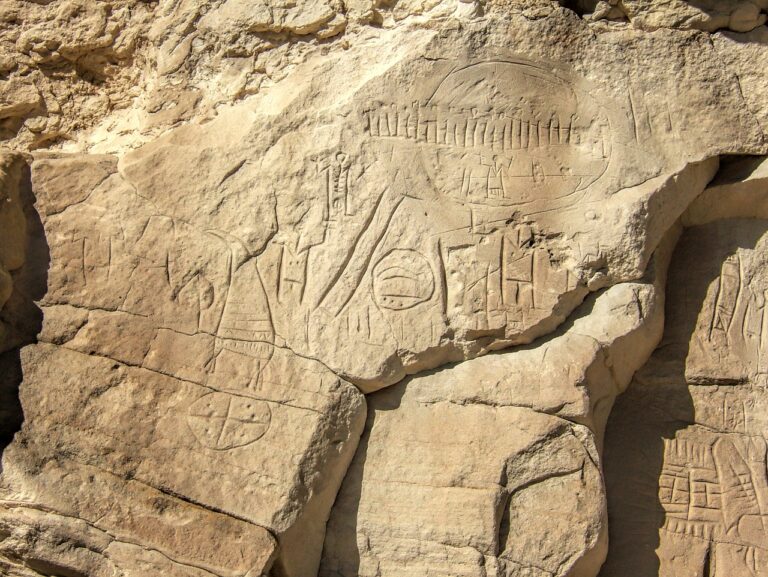The Role of Political Action Committees (PACs) in Election Campaigns
Political Action Committees, commonly known as PACs, are organizations that raise and spend money to either support or oppose candidates, initiatives, or legislation. These committees play a significant role in American politics by channeling funds from individuals, corporations, and unions to influence the outcome of elections and shape public policy. PACs can be formed by various interest groups, including business associations, labor unions, and advocacy organizations, each aiming to advance their specific political agendas through financial contributions.
One key characteristic of PACs is their ability to collect donations from individuals and entities within strict legal limits. These funds are used to support candidates who align with the committee’s objectives or to attack those who hold opposing views. PACs can engage in direct contributions to candidates’ campaigns, independent expenditures for or against candidates, or issue advocacy to influence legislation. Through their financial firepower and strategic campaigning, PACs have become integral players in the political landscape, exerting considerable influence on electoral outcomes and policy decisions.
Types of Political Action Committees
The primary types of Political Action Committees (PACs) include Connected PACs, Non-Connected PACs, Leadership PACs, and Super PACs. Connected PACs are those sponsored by corporations, labor unions, or trade associations. Non-Connected PACs, on the other hand, are independent committees that support a specific cause or ideology.
Another type of PAC is Leadership PACs, which are established by politicians to support other candidates and to further their political goals. Lastly, Super PACs are independent expenditure-only committees that can raise and spend unlimited funds to support or oppose candidates but are prohibited from coordinating with candidates or political parties. Each type of PAC plays a distinct role in the political landscape, shaping the funding and advocacy efforts in elections and policy-making.
Funding Sources for Political Action Committees
Political Action Committees (PACs) rely on various sources for funding their activities. One of the primary sources of funding for PACs comes from individual donations. These donations can range from small contributions from everyday citizens to substantial amounts from wealthy donors who support the PAC’s cause.
Another crucial funding source for PACs is contributions from corporations and labor unions. These entities often donate to PACs that align with their interests and goals. By contributing to PACs, corporations and unions can support candidates and policies that they believe will benefit their organizations and industries.
What are Political Action Committees (PACs)?
Political Action Committees (PACs) are organizations formed to raise and spend money to elect or defeat political candidates.
What are the different types of Political Action Committees?
There are several types of PACs, including: Connected PACs, Nonconnected PACs, Leadership PACs, Super PACs, and Hybrid PACs.
Where do Political Action Committees get their funding from?
PACs can receive funding from a variety of sources, including donations from individuals, corporations, labor unions, and other PACs.
Are there any restrictions on donations to Political Action Committees?
Yes, there are limitations on how much an individual, corporation, or labor union can donate to a PAC. These limitations are set by the Federal Election Commission (FEC).
Can Political Action Committees accept foreign donations?
No, it is illegal for PACs to accept donations from foreign nationals or entities, including foreign governments.
How are Political Action Committees required to report their funding sources?
PACs are required to regularly report their funding sources and expenditures to the FEC. This information is made public and can be accessed by anyone.







